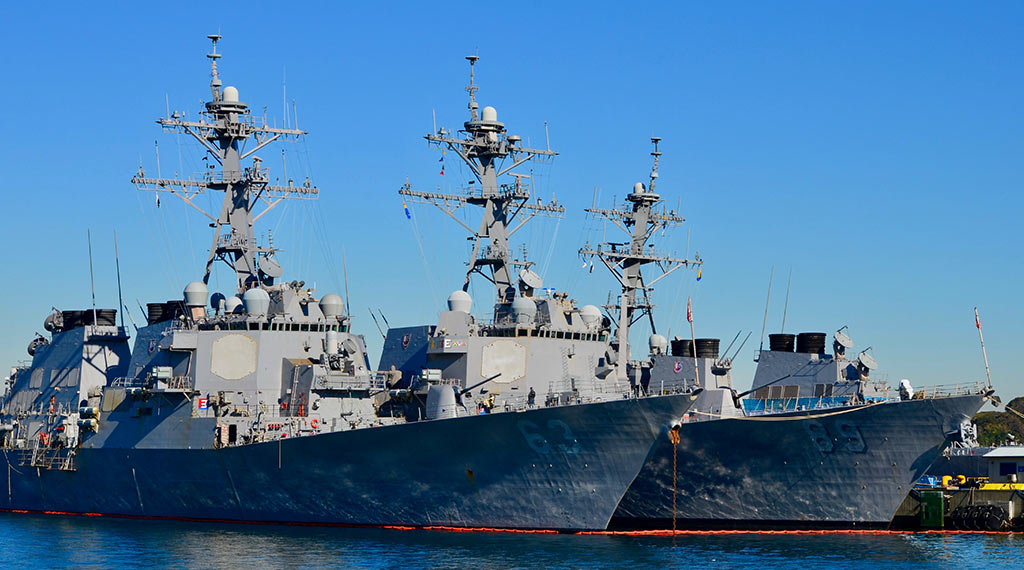
A Chinese acquaintance asks me about Japan every now and then, particularly why it has been “beefing up” its military in recent years.
The other day, she asked me a few questions after reading an article about Japan potentially obtaining a “counter-strike” capability to hit enemy bases or missile launch sites that threaten Japan.
I offered my views and, as you’ll see, one person’s “beefing up” is another person’s sensible precaution.
Japan is traditionally a pacifist country, but it seems to be beefing up in recent years. My first question is: what do you think is the most prominent reason that drives Japan to be increasingly militarized?
Communist China routinely threatens Japan with destruction. Do you recall the recent Chinese threats to launch swarms of nuclear missiles at Japan if it provided any assistance to Taiwan? China’s missile arsenal is immense and growing bigger. When Beijing threatens to blanket Japan with nukes, it can do it. Japan really has no response to this.
And that is against a backdrop of China’s wider, massive military modernization and buildup, and Beijing’s constant threats to seize Japanese territory and ongoing harassment of Japanese ships in the East China Sea. All this, and more, has naturally led to Japan taking a deeper interest in its defense.
That said, Japan has not “beefed” up its military if you closely examine the Japan Self-Defense Force (JSDF). It’s about the same size it has been for years. Meanwhile, from 2016 to 2020, China launched more new navy ships than the Japan Maritime Self-Defense Force has in its entire fleet. And this is just one example of China’s rapid defense buildup that has frightened Japan.
You’ll notice I haven’t mentioned North Korea. Japan has been very concerned about the North Korean missile threat since the mid-1990s. It has been taking countermeasures for years, but only by building missile defenses (along with the Americans) with the hope of intercepting anything Pyongyang sends its way.
A Japanese “counter-strike capability” would help deal with the North Korean threat. But it really is the much bigger Chinese threat that’s shaping Japanese thinking in recent times. And it has scared the hell out of the Japanese.
My second question is related to “counter-strike capability.” What does that mean? With this capability, what exactly can Japan do?
Counter-strike refers to the ability to “hit back” if an enemy attacks or is about to attack—especially with missiles. If a bully attacks you, it’s logical that you’ll want to be able to hit him back. Even better, if the bully knows you’ll hit him back, he might not attack you in the first place.
The methods of counter-strike that are usually contemplated are long-range missiles—cruise missiles and ballistic missiles (ground, sea, and air-launched) in particular. With this capability, it’s possible to hit specific targets in the attacker’s territory. So the country that fires or is about to fire the first shot can expect to be hit back in return.
For many years, the Japanese simply ignored the possibility of being attacked or else assumed the Americans would take care of things. Now Japan is less certain the United States will look after it, so it wants to have its own capability.
- The U.S. and Iran: Adding to the list of fiascos? - February 3, 2026
- Forget Greenland — securing Diego Garcia should come first - January 27, 2026
- Trump Makes Greenland Deal With NATO: Chinese Military Pilots Trained In US - January 22, 2026
